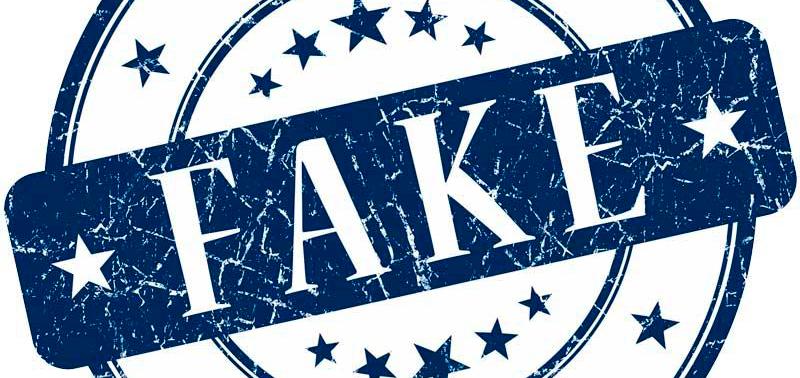The national society representing maintenance engineering has waded into the recent substandard steel mesh debate with a call for the government to show leadership before a tragedy occurs. Maintenance Engineering Society of New Zealand (MESNZ) Chairman Barry Robinson says his society engaged with the government seven years ago, highlighting the potential dangers of counterfeit materials. In Mr Robinson’s words, “The problem is endemic across the supply chain from steels and construction materials to stressed engineering elements. We are not talking single tragedies here, but the potential for a significant event taking out multiple lives.”
The Maintenance Engineering society has for several years gathered evidence of substandard steel, ball bearings, bolts, nuts, plumbing fittings, and others. “We are talking about vast quantities of very substandard materials and products infiltrating our society at every imaginable level, including automobile brake hoses, lubricants, food, health supplements, medicines, drugs and alcohol”. The MESNZ points to potential issues with leaking houses, the reconstruction of Christchurch and significant infrastructure, and advocates among industry for awareness around false material certificates. “Most people don’t think of it, but these things form the very core of our society’s ability to function”.
“While the recent cases against Steel & Tube and Timber King highlight internal supply issues for New Zealand, soft trade barriers make us an attractive target for dumping substandard materials and the government appears frozen in the headlights when it comes to providing a solution that does not compromise our free market ethos. Practical and effective supply chain solutions are possible, along the lines of the QualityMark model created by the Beef and Lamb Marketing Board. The government needs to show leadership in seeding such a solution before tragedy strikes or our international reputation is degraded.”
The QualityMark model works by accrediting suppliers who meet stringent product testing requirements. Testing is backed up with regular random sampling, giving continuous assurance to clients. The model was successfully introduced in the 1990’s to combat issues that included counterfeit meat. Such a model applied to the general supply chain would provide elective assurance for the market at minimal compliance cost.
The Maintenance Engineering Society’s members represent manufacturers and industries right across New Zealand industry and regularly report potential issues discovered with counterfeit materials, false certification and incorrect certification.
For supplementary information, case studies, or photos on sub-standard steel, bearings, bolts and nuts, plumbing fittings, contact: Barry Robinson, Chairman, MESNZ Ph: 027 286 4722, E-mail Barry@safegroup.co.nz



